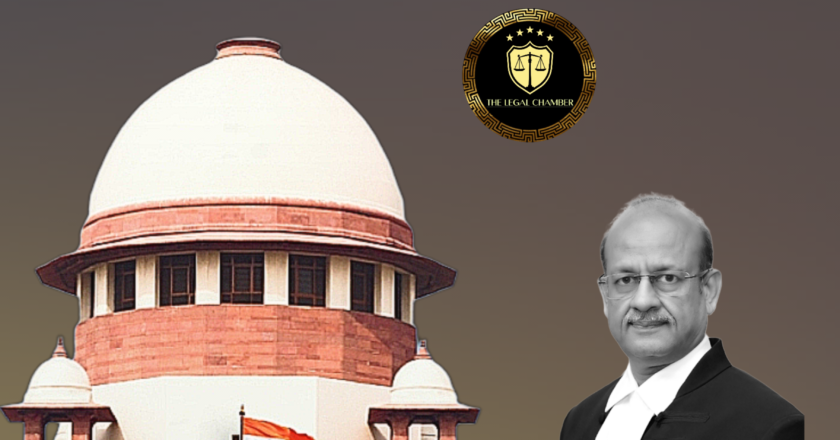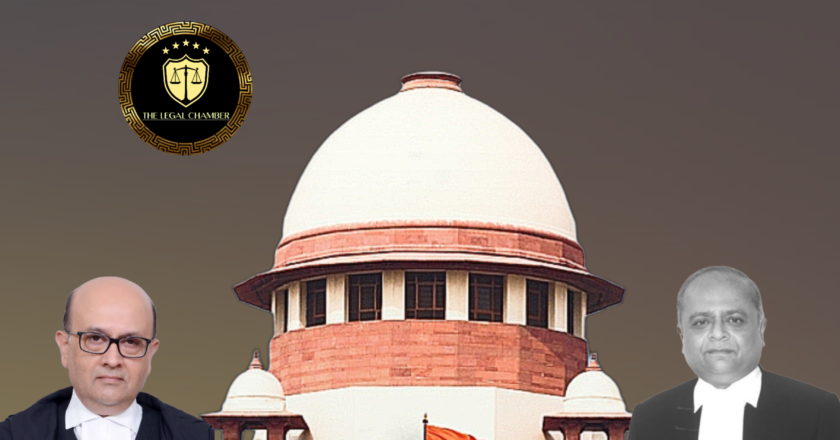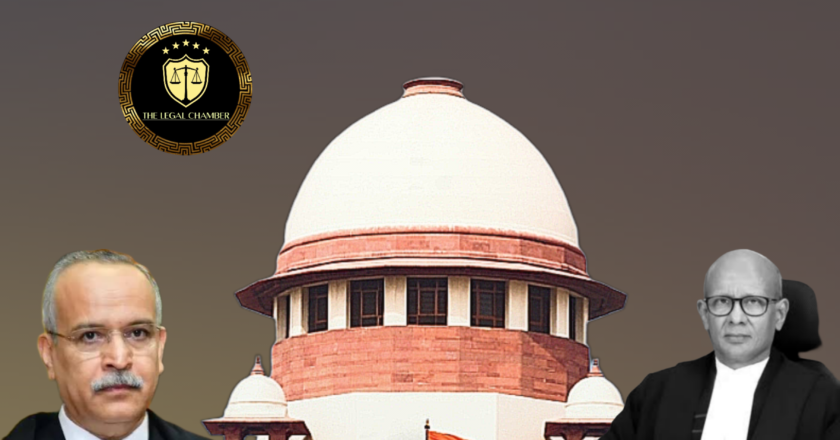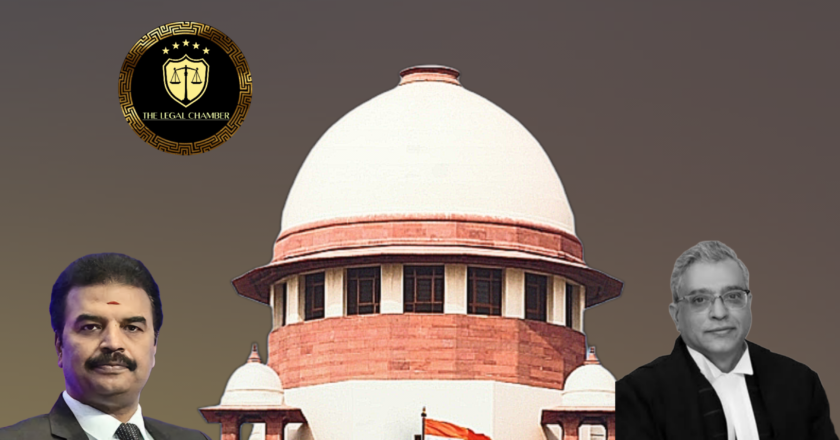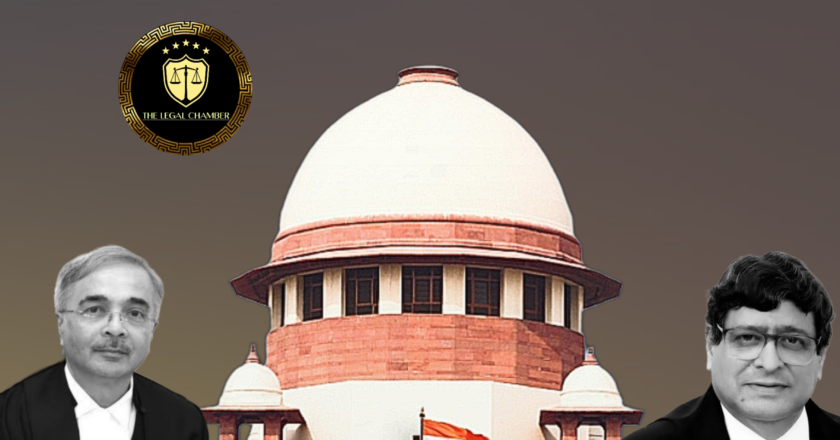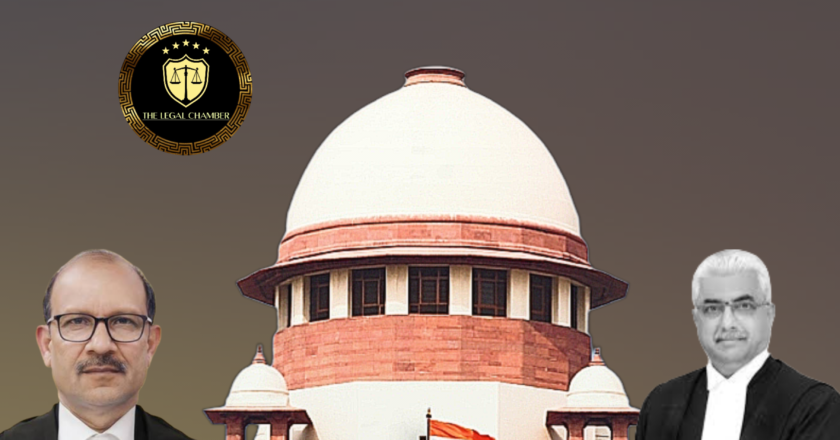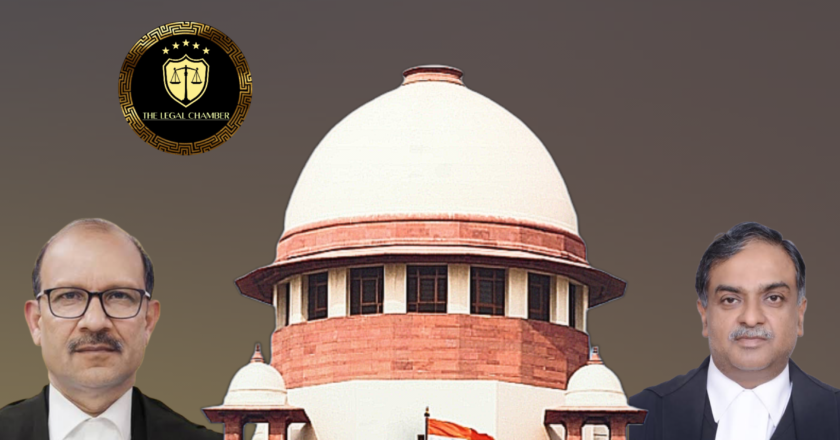How a Medical “Margin of Error” Freed a Convict: A Supreme Court Case Study
The Supreme Court applied the legal principle from Jaya Mala that medical ossification tests for age determination carry a margin of error of ±2 years. Granting this benefit, one appellant was declared a juvenile at the time of offence and released. For other aged convicts, the Court exercised its sentencing power under Article 142 to commute life imprisonment to a fixed 14-year term, considering the case's 35-year pendency.
Facts Of The Case:
The case originates from an incident dated August 30, 1988, where eight accused persons were tried for offenses including murder (Sections 302/149 IPC) and voluntarily causing hurt (Sections 323/149 IPC). The Trial Court convicted all eight and sentenced them to rigorous imprisonment for life. Their appeal to the High Court was dismisse...
